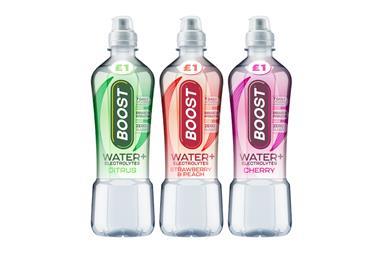Healthy eating debate tough to digest for independent retailers

The government’s focus on promotion and siting of foods is certainly a noble cause but the knock-on effect for retailers is far from healthy.
ALREADY HAVE A REGISTERED USER ACCOUNT? PLEASE LOG IN HERE
To read the full story join the ConvenienceStore.co.uk community today!
Registration is quick and easy and provides access to:
- Unlimited ConvenienceStore.co.uk articles
- Our great range of newsletters
- Content you’ve saved for later via the ‘my library’ feature
And much more…

























